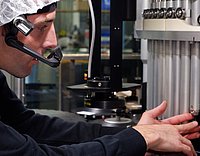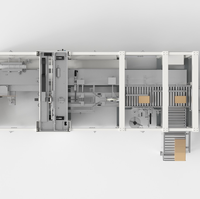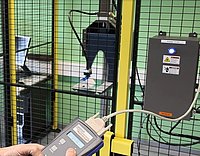Pharma 4.0 and its implication
The Pharma 4.0 vision is an approach that tries to imbibe the ideals of the Industry 4.0 approach (from Smart Factories) into a shape and form that best fits the pharma production environment. It involves embracing new initiatives across product design, production process optimization (including primary and secondary), supply chain management and data-driven decision making. Some key attributes of this vision would include using digitalization as means to simplify supply chain complexity, achieving paperless manufacturing, creating low cost products at optimal OPEX, shortening new product innovation cycles, improving product quality and meeting regulatory needs more efficiently.
The aims of Pharma 4.0 are very high and there is, as expected, a lot of reticence within the industry. This will require suppliers (of Industry 4.0 solutions) to formulate solutions and the messaging thereof, to best fit the needs of pharma manufacturers. A core application that will sit in the middle of this approach will be the manufacturing execution system (MES). An effective MES strategy is a pre-requisite for realizing Pharma 4.0, acting as an engine that connects disparate production functions and housing invaluable process and business intelligence that can be accessed in real-time.
Given below are some key highlights that will determine the evolution of the Pharma industry going forward:
- Changing demographics and rise in chronic diseases will require pharma manufacturers to deliver cost effective drugs with short lead times.
- Medical diagnosis and treatment is gradually transitioning from “one-size-fits all” to precision medicine that tracks patient’s gene history.
- MES is expected to play a pivotal role in facilitating data transfer across the value chain, reducing product defects and improving product quality.
- With the emergence of Pharma 4.0, MES is poised to become the crux of an integrated enterprise ecosystem – connecting the shop floor with the top floor.
The journey towards realizing the Pharma 4.0 vision is riddled with challenges. Questions on return-on-investment (RoI) and the conservative nature of pharma manufacturers is certainly a major roadblock that will impede progress. However, the move towards the digital pharma enterprise is inevitable. Whilst the rest of the manufacturing industry moves forward, it is highly unlikely that the pharma industry will remain in the backseat. It can, on the contrary, become a bellwether in making the digital production possibilities a reality.







